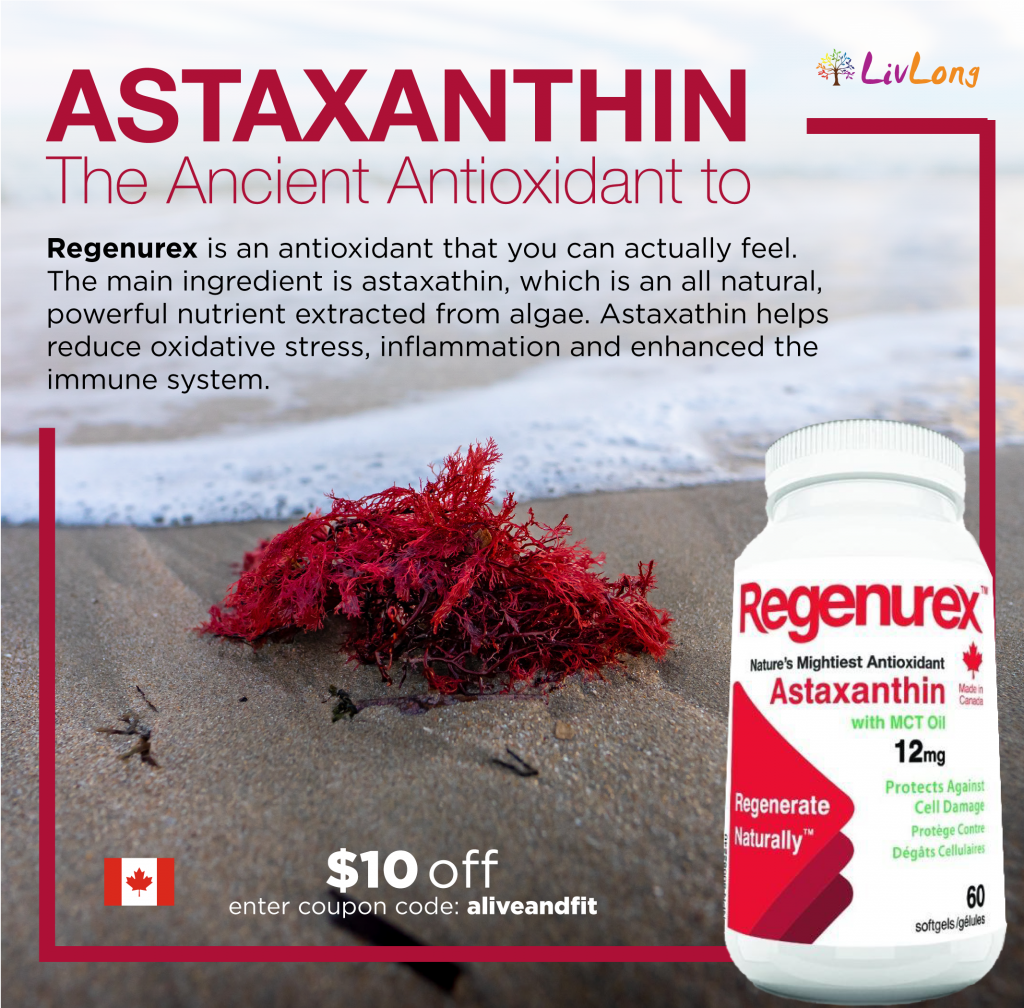Choosing magnesium: which one is right for you?
By Lisa Kowalyk, CNP, B.Kin
Magnesium is the master mineral, and when we are low, the body really feels it. Often thought of for muscle cramps, the uses of magnesium extend far beyond muscle health! Magnesium can be used to help relieve anxiety, insomnia, chronic fatigue, improve mood and decrease blood pressure. Research shows that magnesium is required for maintaining cognitive health, cardiovascular function and for optimal bone health. Magnesium is a foundational mineral and it’s indicated in almost all conditions and can help just about every symptom.
But why does magnesium help with such a wide variety of physical ailments? The answer is quite simple; magnesium is needed for over 500 biochemical functions in the body and it’s a key ingredient for energy production. Low levels of magnesium impede the body’s ability to carry out basic functions, resulting in discomfort, fatigue and chronic disease.
Why supplement magnesium?
The research shows over 75 per cent of people don’t meet the recommended intake of magnesium, making magnesium supplements a staple in any functional medicine practitioners tool box and everyone’s cupboards. The newest statistics show that 20 per cent of people are clinically deficient with upwards of 90 per cent being sub-clinically deficient and expressing symptoms.
For reference, in Palaeolithic times, an average of 600mg of bioavailable magnesium was consumed daily. Today, the average person is hardly getting 300mg.
Pair this low intake with gut (absorption) issues and the increased need for magnesium in modern times, the current average intake is not sufficient for positive magnesium balance in the body. Simple supply and demand. The body has a higher demand for magnesium, yet the supply is lower, creating a chronic deficit. This shows up physically.
Restoring levels via magnesium supplementation begins to bring the body back into balance. Now the question becomes, which magnesium do you choose?
Which magnesium is right for you?
To increase the bioavailability, magnesium is bound to carrier molecules. Carrier molecules are substances that easily take the magnesium into the bloodstream for use in the body. Magnesium can be bound to many molecules. Magnesium glycinate, threonate and malate are the most useful and therapeutic forms.
Magnesium glycinate
Magnesium glycinate is the most absorbable form of magnesium and is the best magnesium for the general population. Because of the high bioavailability, it is able to raise levels the quickest and has the most notable whole-body effect.
Glycine is an amino acid, and it binds to magnesium to create magnesium glycinate. On its own, glycine has a calming effect. When taking magnesium glycinate, you are getting the benefits of both magnesium and glycine. For this reason, magnesium glycinate is the form of magnesium that helps the most with sleep, anxiety, muscle cramps and restlessness.
Malate
Magnesium bound to malic acid is referred to as magnesium malate. Magnesium malate is the most beneficial for those with fibromyalgia and chronic fatigue syndrome.
Malic acid is used with success to alleviate the fatigue that accompanies both of these conditions. For this reason, malic acid potentiates the benefits of the magnesium and generally, people see the most improvements in these conditions with magnesium malate over other forms of magnesium!
Threonate
Threonate allows magnesium to cross the blood brain barrier. The brain requires a lot of magnesium to function correctly. Taking magnesium L-threonate allows the magnesium to go straight into brain tissue instead of being taken to other areas of the body.
Magnesium threonate is the most beneficial type of magnesium for providing protection to the brain and correct any abnormal physiology. It functions as a nootropic – a substance that enhances memory, learning and focus. There is there’s also evidence for its use in Parkinson’s, Alzheimer’s and concussions.
Magnesium threonate can be taken preventatively if there is a family history of neurodegenerative diseases, therapeutically and for those simply looking to optimize brain function!
What about other types of magnesium?
You may have heard of other forms of magnesium such as magnesium oxide, magnesium citrate, magnesium sulfate and magnesium chloride.
Magnesium oxide doesn’t get absorbed by the body and has a laxative effect, making it an ineffective choice for increasing magnesium levels. Citrate is a widely used form. It has a lower bioavailability than glycinate, but higher than magnesium oxide. It still exerts a laxative effect and the therapeutic effect is not substantial.
Lypo-Spheric® liposomal magnesium products use phospholipids because they are both hydrophilic and hydrophobic, which allows for superior bioavailability.
Next, we have magnesium sulfate which is Epsom salts and magnesium chloride, a flaky form of Epson salts. Both are great options to unwind in a bath with and will absorb through the skin. These can raise systemic levels of magnesium, however for more therapeutic dosing we suggest oral delivery.
Lisa Kowalyk, B.Kin, is a certified nutritional practitioner.








